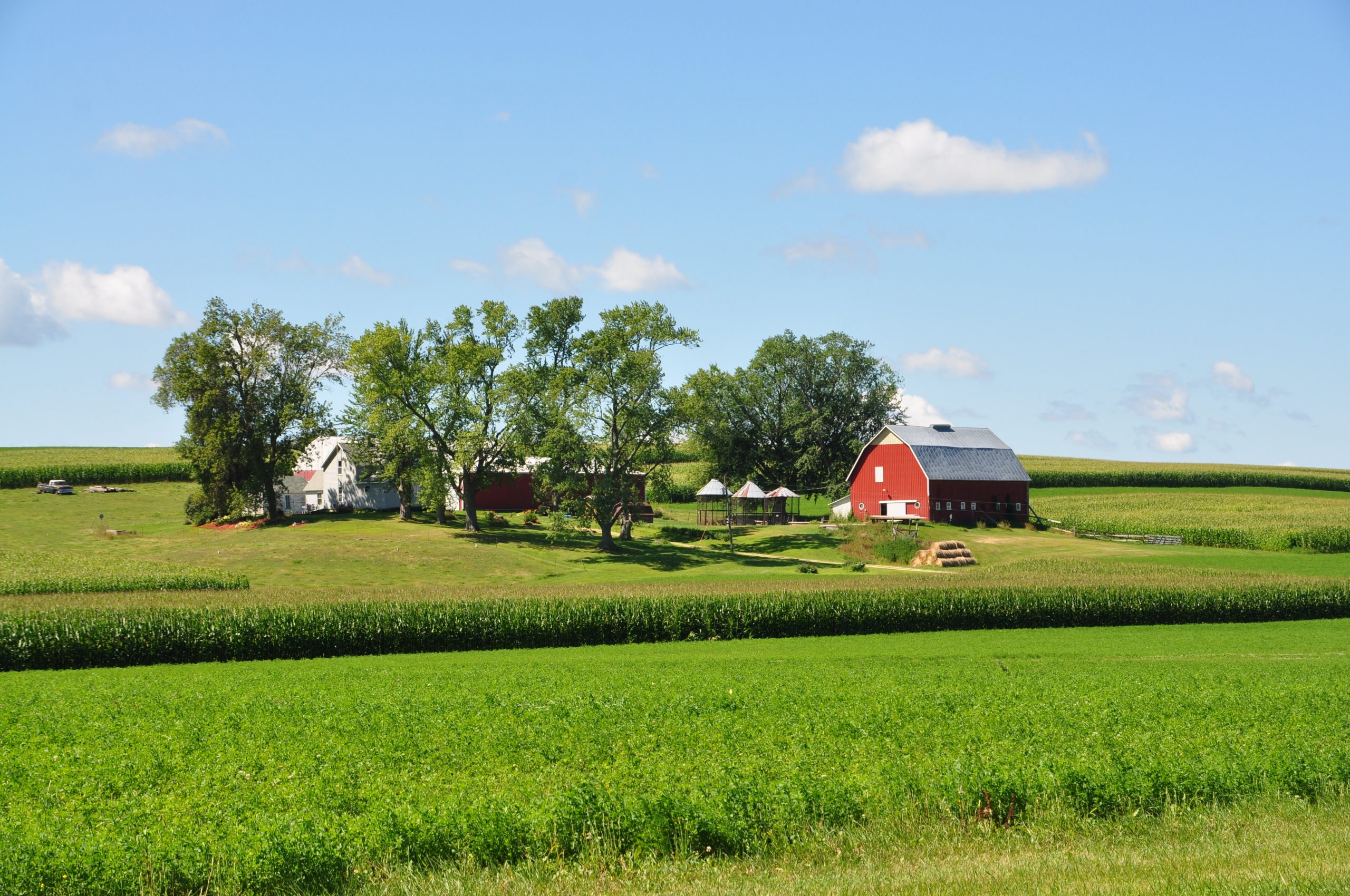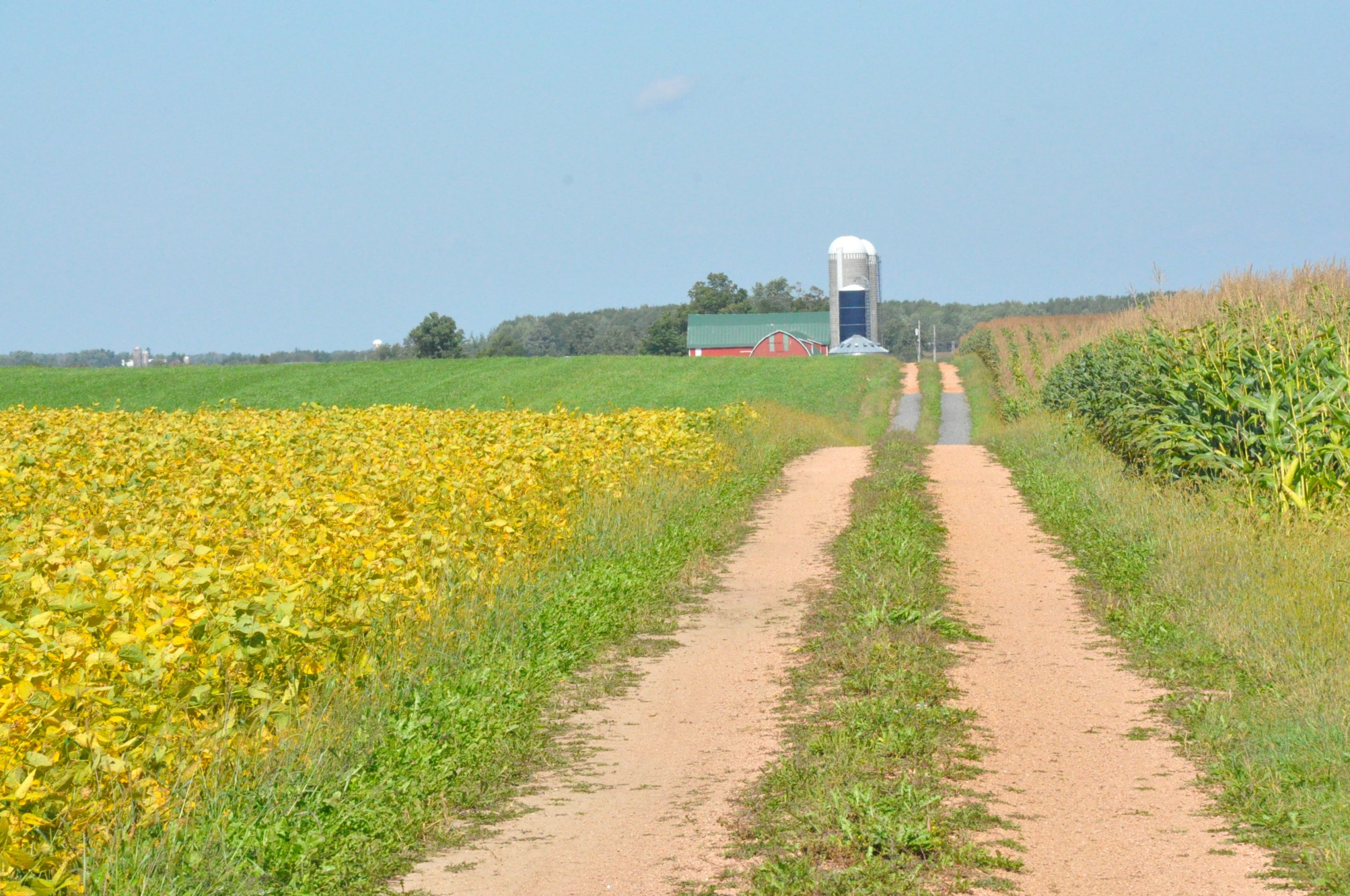In the idealism of my high school days I attempted poetry, like every enterprising youth. All I remember at present of these attempts is the following stanza:
O’er the hills and through the meadows
Sparkling in the dewy morn
Softly stood a gurgling brooklet
Near the place where I was born
The reason why I remember these lines is that older persons took them literally and thought I had  been born in the country. Alas, I was not so fortunate, for I was born in a population center of several hundred thousand: There was no pastoral brook about, only a dirty river and dirtier gutters and muddy pre-pavement streets. […]
been born in the country. Alas, I was not so fortunate, for I was born in a population center of several hundred thousand: There was no pastoral brook about, only a dirty river and dirtier gutters and muddy pre-pavement streets. […]
The true Christian life, the liturgical life, is not something contrary to human nature, or to nature in general, but rather something in full harmony with nature at its best, including human nature. The truth that grace presupposes nature is almost too trite to mention in this regard. Now the general atmosphere of the large city is not one of natural or spontaneous life but rather of artificial and mechanical conformities. One gets along best in it if one becomes most completely a cog in the large machine of city ways. And so one absorbs a general outlook and approach to things that is quite contrary to that of Christianity which functions through and through on the concept of life, of natural life reborn and nurtured in a supernatural life.
Insofar as a man lives close to the soil he is in all his contacts governed by and cooperating with the functions of life. Insofar as a man lives in a modern city he is quite removed from the more common phenomena of life. Is not that why it was found necessary last year to drive a cow through a congested city streets on a truck in order that many citizens might get at least a fleeting glimpse of that animal? And as to other animals and plants and trees, the large-city dwellers of little means (i.e., the great majority) come in contact with them only through isolated parks or botanical or zoological gardens. In other words, these abundant phenomena of life are something quite special in a year’s existence, something removed from the conditions of home and home activity. They are to a city man’s home life what art is to it when seen only in museums. They form no part of his daily contacts, they are experienced only in artificial surroundings.
Under such circumstances, how can there be an easy intelligent appreciation and understanding of the liturgical or Christian supernatural life, when the God-given basis of this life in the domain of nature is absent? It is for such reasons that we must look upon the lives of so many Christian children in the artificial and mechanical atmosphere of the large city as a real calamity. Where in their lives is the opportunity for abundant exercise of the natural virtues of justice and love, of tender cooperation with living things? Their opportunities of self-expression consist in the main of the need of elbowing their way through or amid congested streets and barren playgrounds, of dodging speeding autos, etc. Almost no opportunity is given them of cooperating positively at the general family activities; there is no wood to split and carry in—practically nothing to contribute. The function of the child is mainly one of keeping out of the way of elders, or restricting impulses and urges but not of giving wholesome or creative vent to them.
The children of such city congestion have no opportunity of exercising the legitimate domination of man over his environment, except by acts of destruction, by breaking both laws and things, or else by bullying their fellows. Compare this with the opportunities of the land, where children from youngest days up can do many a contributory family chore, can exercise all the Christian virtues through the tender care of life, of young plants and animals. Thus youthful goodness in the city must consist chiefly of mechanical conformity or almost unlimited restriction, while in the country it proceeds creatively as a growth from within through voluntary and pleasurable exercise of positive responsibilities in the development or other betterment of different forms of life.
 Herein, we can see the immense importance of every “back to the land” movement, such as is sponsored; e.g., by the Catholic Rural Life Conference and the distributist-agrarian movement already mentioned in these pages. There is no questions primarily of turning as many city dwellers as possible into “dirt” farmers, much less of promoting and increasing what is knows and criticized as commercial or industrialized farming. The questions is first of all one of decentralization of the present artificial city congestions, of bringing people back closer to nature, regardless of their professions in life. It is not first of all a question of city or farm, but of unnatural life as against a normal life close to nature.
Herein, we can see the immense importance of every “back to the land” movement, such as is sponsored; e.g., by the Catholic Rural Life Conference and the distributist-agrarian movement already mentioned in these pages. There is no questions primarily of turning as many city dwellers as possible into “dirt” farmers, much less of promoting and increasing what is knows and criticized as commercial or industrialized farming. The questions is first of all one of decentralization of the present artificial city congestions, of bringing people back closer to nature, regardless of their professions in life. It is not first of all a question of city or farm, but of unnatural life as against a normal life close to nature.
The back-to-the-land movement is therefore not at all merely an economic question, even if this aspect of it is highly important in our depression era. Much more significant is its importance and meaning for Christian life and for a genuine Catholic revival. The latter is necessarily a revival in terms of an intelligent participation in the corporate supernatural life of Christ, and for his a more truly natural life is indispensable. And so the question of city or farm is really a question of restoring the natural basis of Christian living for the greater flourishing of the supernatural Christ-life among men.
(Orate Fratres, Vol.12, 1937-38, pp.367-9. This entry is reprinted here with the kind permission of Liturgical Press.)



